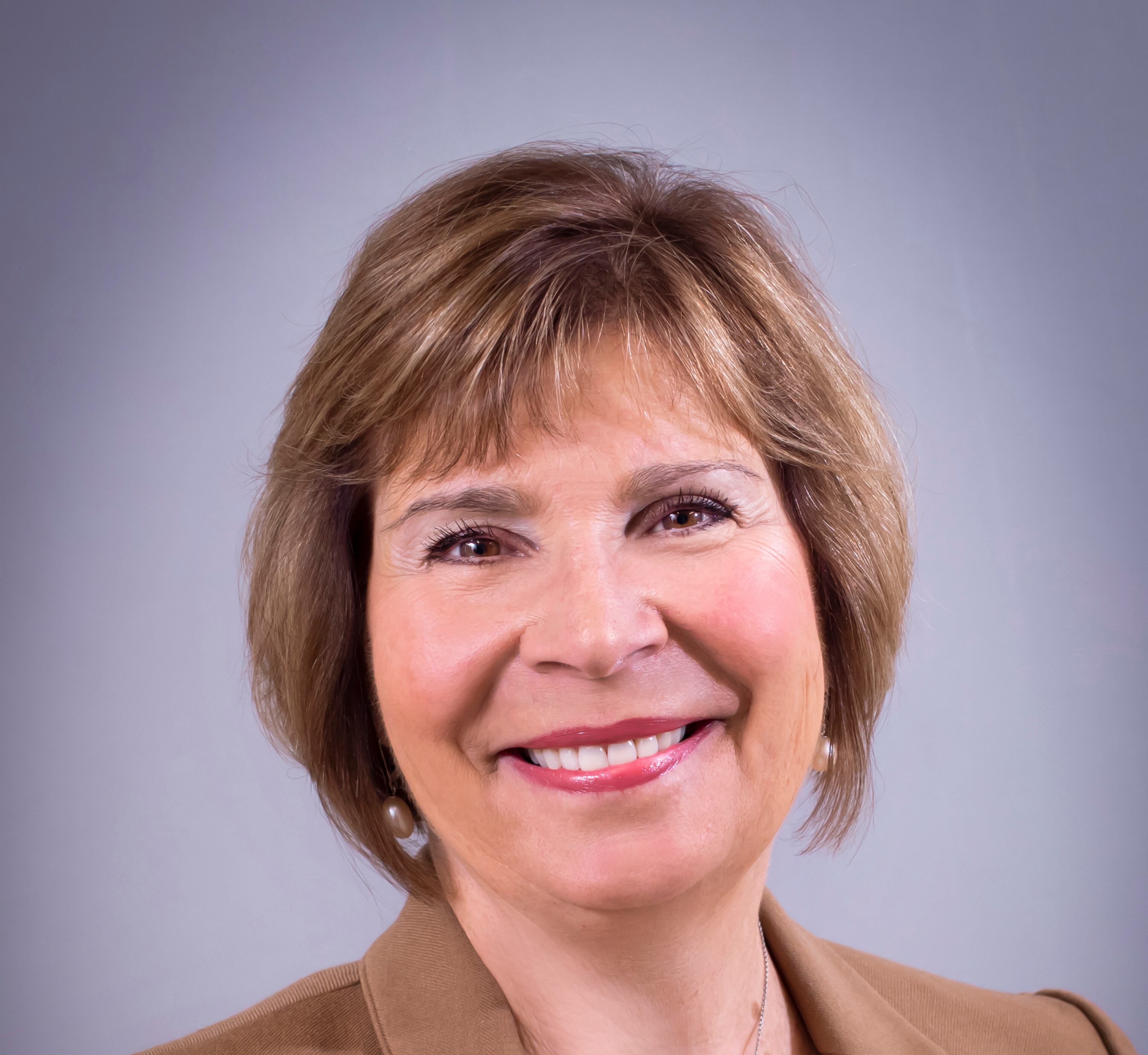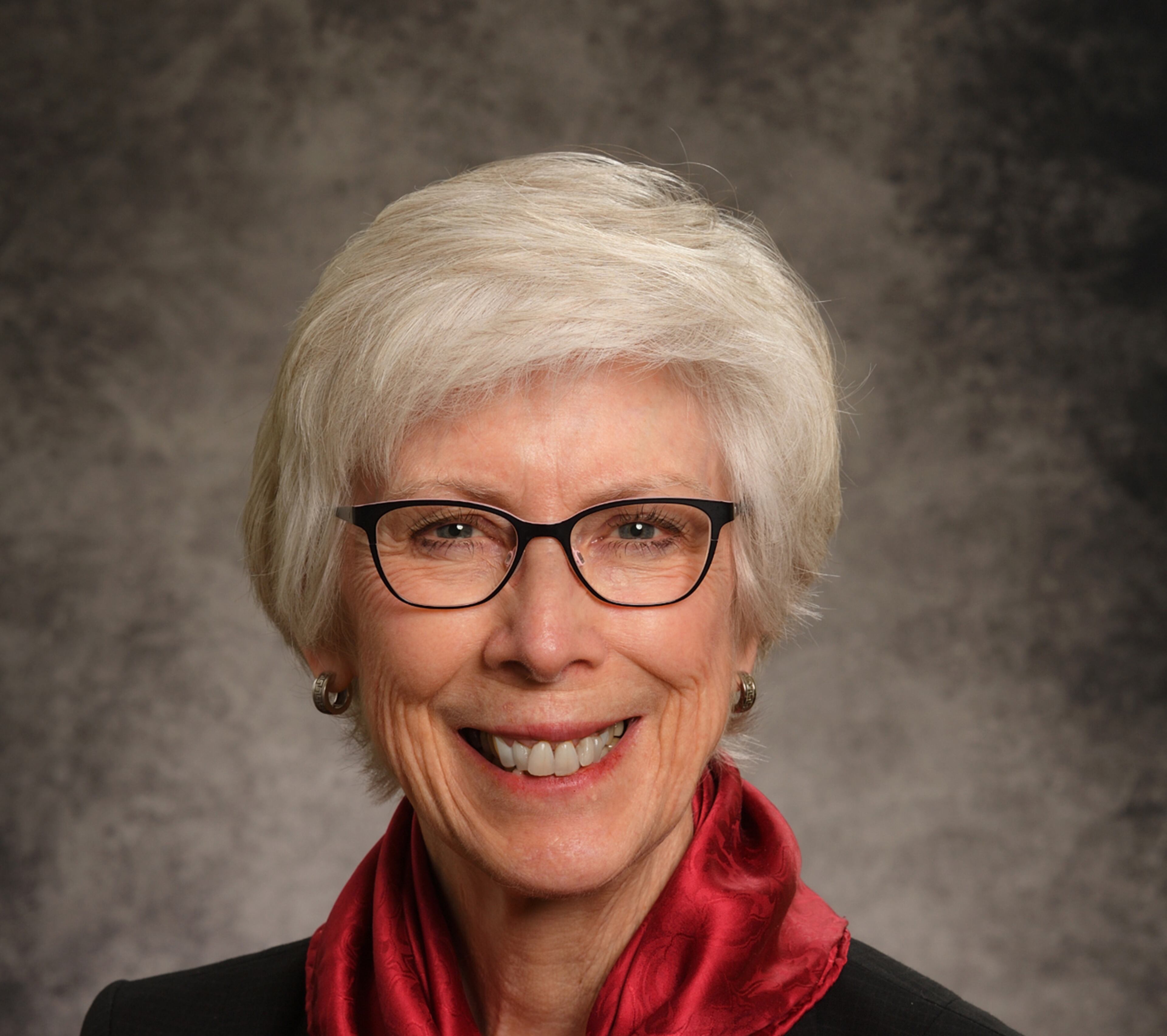“I was fighting for my life,” Anetrice Terry recalls
The Lithonia resident contracted COVID-19 in January and spent a month in the hospital. Too weak even to walk to the bathroom on her own, she struggled to breathe.
Terry made it. But she still needs physical therapy. Grateful for her recovery, she’s looking out for others by sharing the simple way to prevent and protect: get vaccinated.
Terry was diagnosed just as the nation’s vaccination efforts were getting underway and wasn’t yet eligible for a shot. But today, COVID vaccines are widely available for those ages 12 and up.
“A lot of people think COVID-19 is fake, that it’s pneumonia, the flu, but no, it is real. It’s awful,” she says. “Please, please, please, I cannot stress this enough. Get vaccinated. Please get vaccinated.”
If you’ve been on the fence about getting vaccinated, take Ms. Terry’s advice. It’s especially timely as we see a significant upswing of COVID cases in Georgia’s emergency rooms due to the highly contagious Delta variant. Nationally, infection rates are climbing so quickly that the U.S. Centers for Disease Control and Prevention has again tightened its guidance on masks, saying that, in certain areas with substantial or high rates of transmission they should be worn indoors, even by those who are fully vaccinated.
We are seeing a sharp rise in hospitalizations. Those patients who are being hospitalized tend to be younger, with the steepest increase among patients who are 30 to 59 years old, according to the Georgia Department of Public Health. But the increase in COVID hospitalizations and deaths is overwhelmingly among unvaccinated patients. To put it simply, the COVID-19 delta variant is highly transmissible and can spread faster and to more people than the original strain. Add to that the fact that those at most risk for catching the variant are the unvaccinated and it makes getting vaccinated as soon as possible more urgent.
While variants have appeared after the vaccines became available, data show that all three vaccines are still highly effective against them. When people get infected after vaccination, scientists call these cases “breakthrough” infections because the virus broke through the protective barrier the vaccine provides. But these infections are still very rare and usually cause mild or less severe symptoms with less likelihood of hospitalization.
If you do get vaccinated, understand that your protection is not immediate. For all the vaccines, full efficacy takes time – typically two weeks post-second vaccine for Moderna and Pfizer. Getting vaccinated now means you will be fully protected sooner.
As we move into the school year and children under 12 remain unvaccinated, this is an important time to protect yourself and, in turn, help protect your children and your community from infection.
At health care institutions, our care teams have felt the strain of the COVID-19 pandemic over the past 18 months. Even before the pandemic, there were staffing shortages in critical areas, like nursing. That gap has intensified as health care providers have left to pursue other career opportunities, respond to COVID-19 hot spots by transitioning to traveling work, and have taken advantage of early retirements. Our dedicated teams and agency partners have worked tirelessly to care for patients during this time, and to them, we are grateful.
As a community, we can show our gratitude to these healthcare heroes by staying healthy -- and the best way to do that is to get vaccinated.
The new CDC guidance shows that we must continue to protect ourselves and our families. When in public indoor settings with high transmission rates, the safest route is to continue to practicing the 3 W’s: Wash Your Hands. Wear a Mask. Watch Your Distance. For those who are not fully vaccinated, the CDC’s recommendations have not changed and are very clear — wear a mask in all public indoor settings.
And follow the advice of a neighbor who has experienced the difficulties of COVID-19 firsthand. As Ms. Terry says, “Please get vaccinated.”

Jill Case-Wirth, R.N., is chief nurse executive, Wellstar Health System.

Linda Cole, R.N., is chief nursing and hospital operations officer, Children’s Healthcare of Atlanta.

Sharon H. Pappas, R.N., is chief nurse executive, Emory Healthcare.

Denise Ray, R.N., is chief nursing executive, Piedmont Healthcare.

Lorie Shoemaker, R.N., is interim chief nursing executive, Northeast Georgia Health System

Michelle Wallace, R.N., is chief clinical officer and interim chief nursing officer, Grady Health System.


